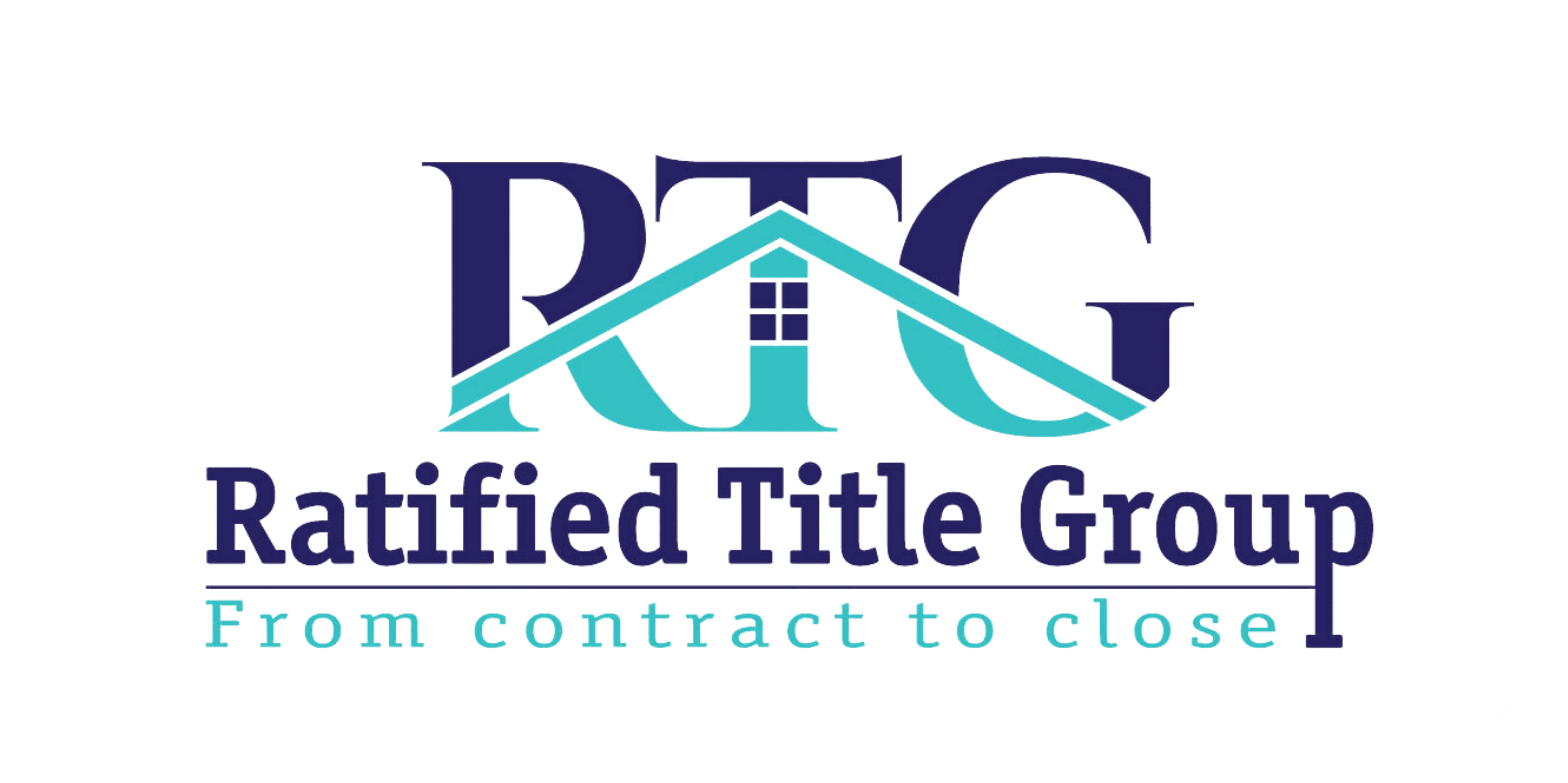Understanding the distinctions between residential and commercial settlements is essential for anyone involved in real estate transactions. Whether you’re buying a home or investing in a commercial property, knowing the differences can help you navigate the process smoothly. In this blog, we’ll explore key comparisons that highlight how each type of settlement works, ensuring you feel informed and empowered throughout your real estate journey.
1. Understanding the Basics of Each Settlement Type
When it comes to real estate, distinguishing between residential and commercial properties is crucial. Residential settlements typically involve the transfer of homes or apartments and are subject to specific regulations designed to protect individual buyers. In contrast, commercial settlements deal with properties used for business purposes, such as offices, retail spaces, or warehouses, emphasizing a different set of rules and expectations. This foundational difference influences many aspects of the settlement process, making it essential for buyers and sellers to understand what applies to their transactions.
Moreover, the motivations behind each type of settlement can vary significantly. Residential transactions often stem from personal or familial needs, whereas commercial settlements may be driven by investment goals or business expansion. These differing motivations can impact negotiation tactics and expectations from both parties involved, creating a unique dynamic that is essential to navigate effectively. Understanding these motivations can help ensure smoother interactions throughout the settlement process.
2. Different Levels of Complexity in Documentation
One of the most notable differences between residential and commercial settlements is the complexity of documentation required. Residential transactions generally involve less paperwork, focusing primarily on basic contracts and disclosures. Buyers can often rely on standardized documents, which simplifies the overall process and minimizes confusion. However, this should not suggest that such transactions are without their challenges.
Contrarily, commercial settlements necessitate a more intricate array of documents, including leases, title searches, and extensive financial statements. Buyers must be prepared to review due diligence materials thoroughly, which may include zoning regulations and property inspections. The level of detail required in commercial transactions can be overwhelming but is crucial for making informed decisions. This additional complexity is why prospective commercial buyers should seek assistance from professionals, such as a knowledgeable dc title company, to navigate the paperwork efficiently.
3. Unique Regulatory Requirements for Each Type
Regulatory requirements play a vital role in both residential and commercial settlements, but they differ significantly. Residential settlements often involve local and state regulations aimed at protecting homebuyers from fraud and discrimination. These regulations establish important guidelines about what must be disclosed and address concerns like lead paint in older properties or safety codes.
On the other hand, commercial properties are subject to a range of business-related regulations that can include environmental assessments and compliance with zoning laws. Regulatory scrutiny can vary widely based on the property’s intended use, which means commercial buyers need to stay informed about their specific obligations. Failing to adhere to these regulations may lead to costly repercussions down the line, underlining the need for thorough due diligence in commercial settlements.
4. Financing Options and Their Impacts
Financing plays a crucial role in both residential and commercial settlements, but the options available often differ markedly. In residential transactions, buyers typically leverage mortgages, which tend to have lower interest rates due to their backing by government programs. These loans are largely designed to support individual buyers, making them accessible to a broader audience. Additionally, many buyers benefit from down payment assistance programs, which help ease the financial burden of purchasing a home.
In contrast, commercial financing options may include traditional loans but are often more complex, incorporating elements like income and property valuation assessments. Investors may also turn to private lenders or even alternative financing sources to meet their funding needs. The greater risks associated with commercial properties can lead to higher interest rates and more stringent borrowing requirements, underscoring the importance of understanding financing thoroughly before diving into a commercial transaction.
5. Duration of the Settlement Process
Settling a property can often feel like a marathon rather than a sprint, especially when considering the duration of the process. Generally, residential settlements tend to move at a quicker pace, often wrapping up within 30 to 60 days. This expedited timeline is partly due to less paperwork and fewer regulatory hurdles, allowing home buyers and sellers to work toward a smooth transaction.
However, the timeline for commercial transactions can stretch significantly longer, often taking 60 days or even several months, depending on the complexity of the deal. The multi-faceted nature of commercial settlements—complete with extensive due diligence and approvals—creates a more time-consuming process. Because of these differences, it’s crucial for buyers to set realistic expectations and plan for a potentially longer timeline when approaching commercial real estate.
6. Types of Inspections Typically Required
Inspections are a critical component of any real estate transaction, reflecting the need to thoroughly assess a property before finalizing a purchase. In residential settlements, inspections often include home checks to identify structural issues or safety hazards, such as electrical or plumbing concerns. Buyers usually conduct these inspections to protect their investment and ensure that the home meets living standards.
Conversely, commercial properties require a more comprehensive approach to inspections, which can include everything from environmental assessments to determining the property’s compliance with zoning regulations. These inspections help ensure that the property is not only safe but also suited to the intended business operations. Given these differences, potential commercial buyers should expect to allocate more time and resources toward inspections to avoid future complications.
7. Role of Title Companies in Different Settlements
Title companies serve a pivotal role in ensuring that real estate transactions proceed smoothly. In residential settlements, these firms help buyers verify property titles, ensuring that there are no outstanding liens or ownership disputes. Their services are particularly crucial in shielding homeowners from potential legal issues that could arise after the purchase.
In the realm of commercial transactions, the role of title companies escalates in complexity due to the multifaceted nature of the deals. Here, they often provide more extensive title searches and title insurance, which seeks to unveil any underlying issues that could affect the property’s value or the buyer’s intended use. Furthermore, a knowledgeable dc title company can help commercial clients navigate the regulatory landscape, ensuring all necessary documentation is in order for a seamless settlement.
8. Common Disputes in Residential vs. Commercial Settlements
Disputes can arise in any settlement process, but the nature of these disputes often differs between residential and commercial transactions. In residential settlements, common issues might include disagreements over property condition disclosures, unexpected repairs, or compliance with neighborhood rules. These disputes can often be resolved through negotiation or mediation, which is typically seen as a preferred method in personal transactions.
Conversely, commercial settlements often see disputes stemming from lease misunderstandings, permit issues, or differing interpretations of financed commitments. Such issues may require more formal resolution processes, possibly escalating to arbitration or litigation. Given the stakes involved in commercial transactions, parties must ensure clear and open communication to minimize potential disputes and protect their investments.
9. Tax Implications and Considerations
Tax implications pose another vital difference between residential and commercial settlements, impacting both buyers and sellers. Homeowners benefit from various tax deductions, such as mortgage interest and property taxes, which can make owning a residential property more financially viable. These incentives can help first-time buyers overcome hurdles and make homeownership more appealing.
Commercial property transactions introduce a different set of tax considerations, including potential capital gain taxes and depreciation. Business owners may also need to account for additional taxes related to their operations, leading to more intricate financial planning. Understanding these tax ramifications is essential for making informed decisions and ensuring that buyers align their goals with their financial realities.
10. State-Specific Laws Affecting Settlements
Every state has unique laws and regulations governing real estate transactions, which play a significant role in shaping the settlement process. In residential settlements, differences may appear in areas such as disclosure requirements, earnest money deposits, and title insurance practices. Navigating these state-specific laws is crucial for buyers to ensure their contracts are legally sound and their rights are protected.
For commercial settlements, state laws can further complicate matters as they might regulate zoning, land use, and environmental factors. Businesses must comply with these varying legal frameworks to avoid potential violations or penalties. Both buyers and sellers must remain aware of the specific regulations applicable to their state—all the more reason to consult with a knowledgeable dc title company to ensure compliance and avoid costly mistakes.
11. Post-Settlement Responsibilities for Buyers
Once the ink is dry on a real estate transaction, the responsibilities of a buyer continue, albeit in different ways for residential and commercial properties. Residential buyers often focus on settling into their new homes, including tasks like setting up utilities, conducting minor renovations, and integrating into their neighborhoods. These responsibilities can be both exciting and overwhelming as new homeowners create their living spaces.
On the opposite spectrum, commercial buyers must consider a wider range of responsibilities, including managing their properties, maintaining compliance with local and state laws, and overseeing any potential renovations to accommodate business needs. The stakes are often higher in commercial real estate, as buyers may face financial pressures associated with operating businesses within their purchased properties. Thus, staying organized and aware of ongoing obligations is vital for success in the commercial sector.



